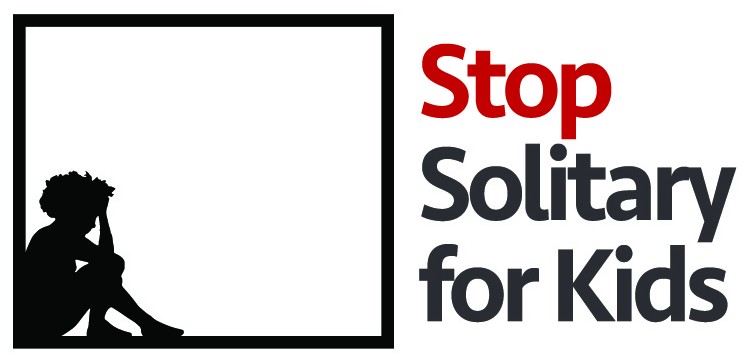Montana Legislation Limits Solitary (2019)
In 2019, Montana passed legislation that banned (with exceptions) solitary for minors and pregnant women in state facilities. HB 763 defines restrictive housing as confinement to a cell for at least 22 hours a day. The bill went into effect on July 1, 2019.
Under the law, youth facilities cannot use restrictive housing, aside from temporary confinement in protective custody for a maximum of 24 hours “when it is necessary to protect the youth or others.” The action must be reviewed by the facility administrator within 4 hours regardless of weekends or holidays, or the next morning if the youth is placed in protective custody after 9 p.m. However, facilities must adopt special management for youth with serious behavior problems, which can include programs and plans that require the youth to be separated from the general population.
In September 2018, Disability Rights Montana released a report documenting the use of routine solitary confinement to control behavior and a culture of fighting and assaults of youth inmates at the Pine Hills Youth Correctional Facility. After a credible allegation from an employee of the facility, DRM conducted an investigation that led to the report. The report alleges discrimination against youth with disabilities, reporting that youth with preexisting mental illnesses were placed in solitary confinement for months. A subculture of violence, DRM states, went unaddressed by staff and administrators, resulting in serious injuries sustained by several youth in the facility. A now former employee reported that youth were kept in solitary confinement for sometimes months at a time. He also pointed to several assaults upon youth by other youth that went without consequences by facility staff.
- Read the Report: Solitary Confinement at Pine Hills (2018)
- Press Release from Disability Rights Montana (2018)
Report to Montana Legislature on Solitary (2018)
In 2017, the Montana state legislature ordered the Law and Justice Interim Committee to study the use of solitary, including in youth facilities (see below). The LJIC made its final report on solitary confinement in Montana available in July 2018.
Montana Legislature Orders Report on Isolation (2017)
The legislature recommended that the state Law and Justice Interim Committee (LJIC)conduct a study on solitary confinement in Montana jails, prisons, and youth detention facilities. The LJIC monitors the activities of the Department of Corrections, the Department of Justice, and the Office of the Public Defender. The LJIC created a report on the existing standards governing solitary confinement and a background report on SJ 25 and data on solitary in Montana
As required by Senate Resolution 25 (SJ 25), the LJIC created a work plan to study:
- Solitary confinement practices and reasons for the use of solitary confinement in prisons, local jails, and youth detention facilities;
- State, local, and facility policies and procedures governing solitary confinement for youth and individuals with mental illness;
- Changes that could eliminate solitary confinement in these facilities for youth and individuals with mental illness, including methods used by other states to achieve these ends
Documents and Reports for LJIC Study and Report
- SJ 25 Study: Review of Restrictive Housing Standards & Guidelines (Sept. 2017)
- SJ 25 Study: Background Paper: Definitions and Data on the Use of Restricted Housing Nationally and in Montana (Sept. 2017)
- SJ 25 Final Report: Studying Solitary Confinement in Montana (July 2018)
Legislation to End Solitary Introduced (2017)
House Bill 327, which would have banned punitive solitary for youth, was introduced during several legislative sessions but did not pass.
Montana ACLU Sues DOC Over Use of Solitary Confinement (2014)
Disability Rights Montana and the Montana ACLU sued the Montana Department of Corrections over the mistreatment and substandard care of adults with mental illnesses, including keeping them in solitary confinement for extended periods. Read the ACLU’s Press Release.
